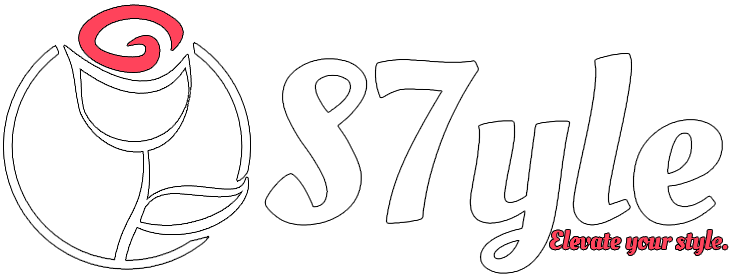Simply as necessary as how usually you lather up is what hair merchandise you employ for the job. Based on Dr. Graf, it’s greatest to avoid ultra-thick, heavy elements (argan, coconut, and olive oil can all crush nice hair) and go for light-weight, volumizing shampoos and conditioners with hyaluronic acid, glycerin, and keratin, to call a couple of. These assist preserve fullness and add a desired oomph.
When you’ve got thick or coarse hair
Your scalp’s moisturizing sebum doesn’t journey as simply down thick hair because it does on finer strands, based on Pooja Rambhia, MD, a board-certified dermatologist at UnionDerm in New York Metropolis, tells SELF. For that purpose, she says you’ll be able to probably get away with washing much less usually (as in, twice per week).
In fact, in the event you’re somebody who sweats a ton, or simply likes a extra frequent hair cleanse, by all means, do what you need—you’ve gotten extra wiggle room due to your sturdy strands! It would simply be useful to make sure you’re protecting your ends moisturized, which a conditioner with hydrating coconut oil, argan oil, or shea butter can positively do.
When you’ve got oily or greasy hair
Sebum may preserve your scalp moisturized, however in extra it can be the offender behind an undesirable, slimy-feeling sheen. To handle this, the specialists we spoke with suggest adjusting your hair care routine to scrub day by day or each different day. (In between, a trusty dry shampoo could be a lifesaving, on the spot refresh.)
With regards to your bathe routine, it’s useful to introduce actives that take in or break down oil. Dr. Rambhia suggests on the lookout for these in clarifying shampoos that usually include exfoliants like salicylic acid to clear away sebum and different particles. (Simply remember, these ought to solely be used as soon as per week. In any other case, you may dry out your scalp.) You may also go for charcoal and clay-based formulation that’ll sop up extra oil sitting in your head. One other professional tip from Dr. Graf: “Utilizing a scalp scrub sometimes, like as soon as per week, can break up and take away buildup.”
On the flip aspect, be additional cautious with thick cream-based hydrators (like coconut oil and dimethicone). Whereas they’re game-changing for dry, brittle hair (extra on that subsequent), they have a tendency to construct up and make an already oily scalp really feel even slicker, Dr. Rambhia warns.
When you’ve got broken or dry hair
Broken hair—maybe a results of years of flat ironing, curling, or bleaching—can present up within the type of breakage and frizzy or break up ends, so it wants all of the moisture it may possibly get. That’s why all three derms suggest limiting your wash frequency to only as soon as per week (since “overwashing can strip the hair’s oils,” Dr. Spann explains). As a substitute, give attention to repairing these brittle strands with the assistance of hydrating, conditioning heroes.
As an illustration, jojoba oil, dimethicone, and shea butter will coat every strand, lock in moisture, and clean the hair’s floor for a smooth, healthy-looking end. Even higher, think about using a protein-based therapy or deep-conditioning hair masks to penetrate the hair shaft and “glue” the damaged bonds again collectively. Oh, and avoid drying sulfates (usually listed as sodium lauryl sulfate, ammonium lauryl sulfate, and sodium laureth sulfate) in the event you can, since Dr. Rambhia explains “they are often overly stripping and make frizzing worse.”
When you’ve got coily or curly hair
Oily hair will get a nasty rap, however for curly haired people, a little bit additional sebum can really assist clean and improve waves for that wholesome, bouncy end. As a result of these hair varieties additionally are usually drier, although (pure oils take longer to achieve tightly coiled strands), all three specialists agree as soon as per week (and even each two weeks) ought to be sufficient: “The tighter the curl or coil, the much less usually it ought to be washed,” based on Dr. Rambhia.


